A “produce prescription program” sees food used as a medicine to treat diet-related health conditions, like diabetes, with participants receiving vouchers for free or discounted vegetables.
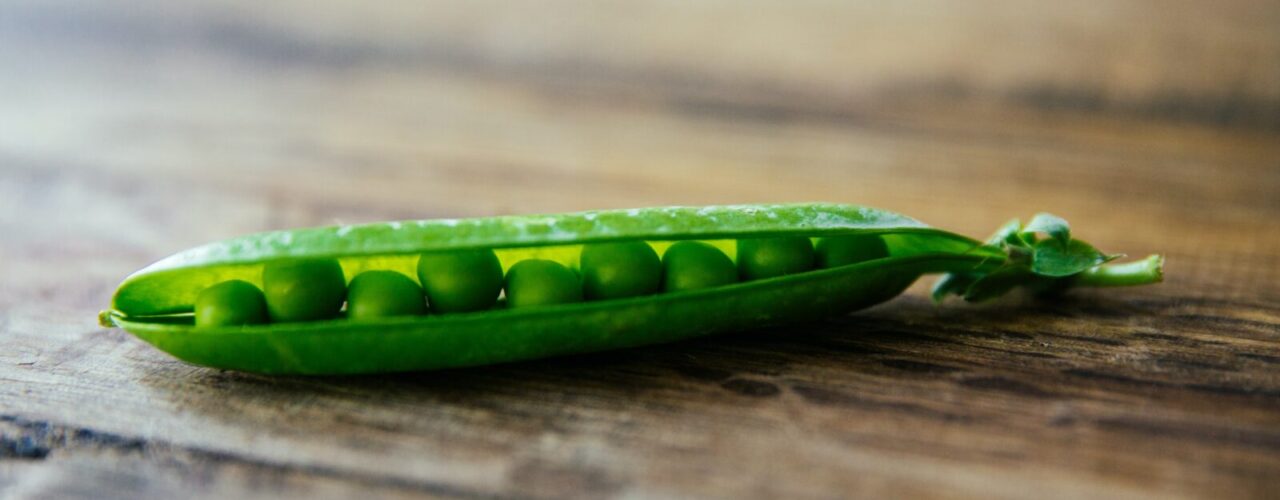
COVID-19 has highlighted the importance of access to good nutrition, as “individuals with an underling condition, the majority of which are diet-related, account for 76 percent of Covid-19 deaths.”
The program intersects with issues of access and equity, as examples of the communities where the “prescriptions” are running are majority black, with a higher poverty rate than areas in their city.
So what?
“Expanding produce prescription programs and integrating them into existing health and food policies are critical steps toward building a more nourishing and equitable food system.”
– Devon Klatell
Managing Director of the Food Initiative at The Rockefeller Foundation
The interconnections between human and planetary health are unarguable, with sustainability and sustainable nutrition not just about the need for balanced nutrition with plant-based food as good for the planet, but essential for the health of people and communities.
Sustainable nutrition is also about equity. Where good food and access to fresh produce is the norm for the majority of people, and not just those with greater financial means.
This program addresses above issues by making the explicit connection to a balanced diet with fresh produce and healthy people, backed by a data-driven approach. Scalable, this program could have knock-on effects as the public health implications move beyond disparate programs and into health and food systems.




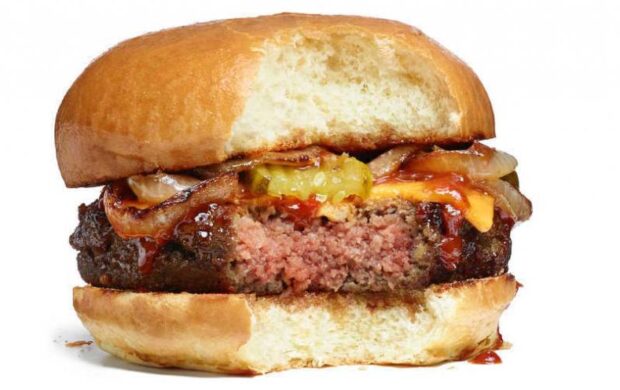
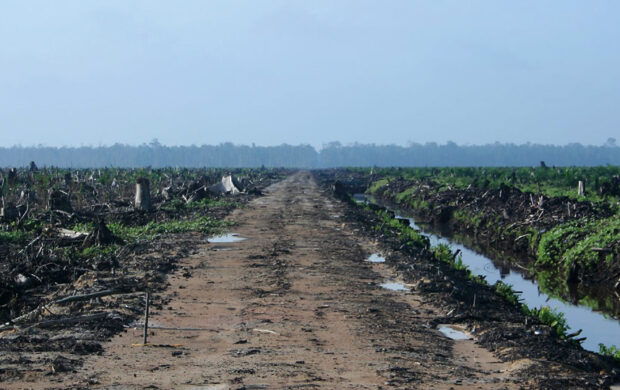

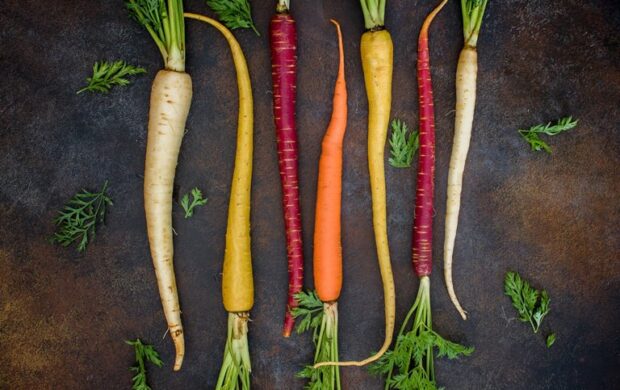
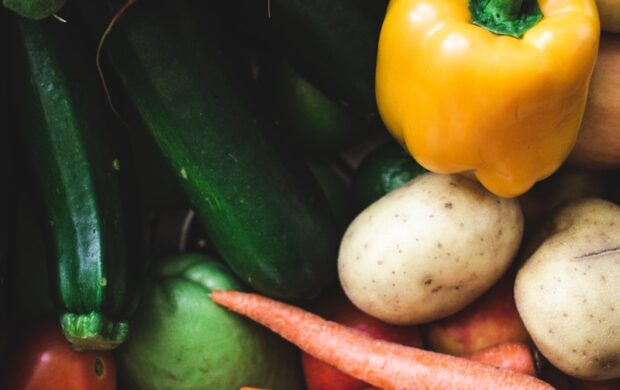
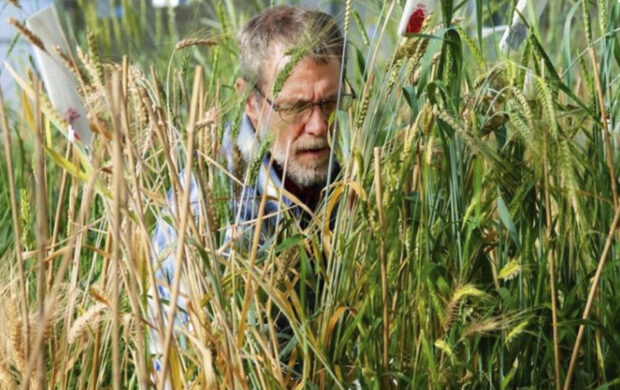


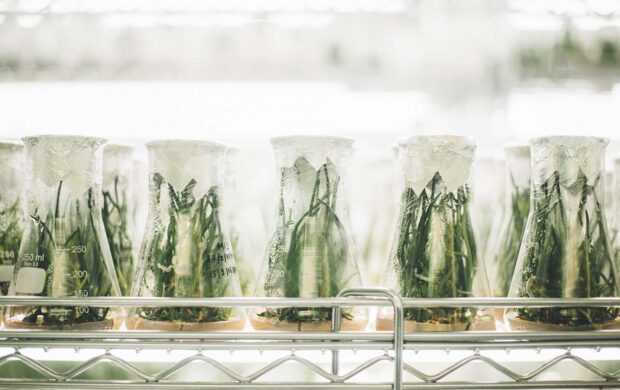


Join discussion